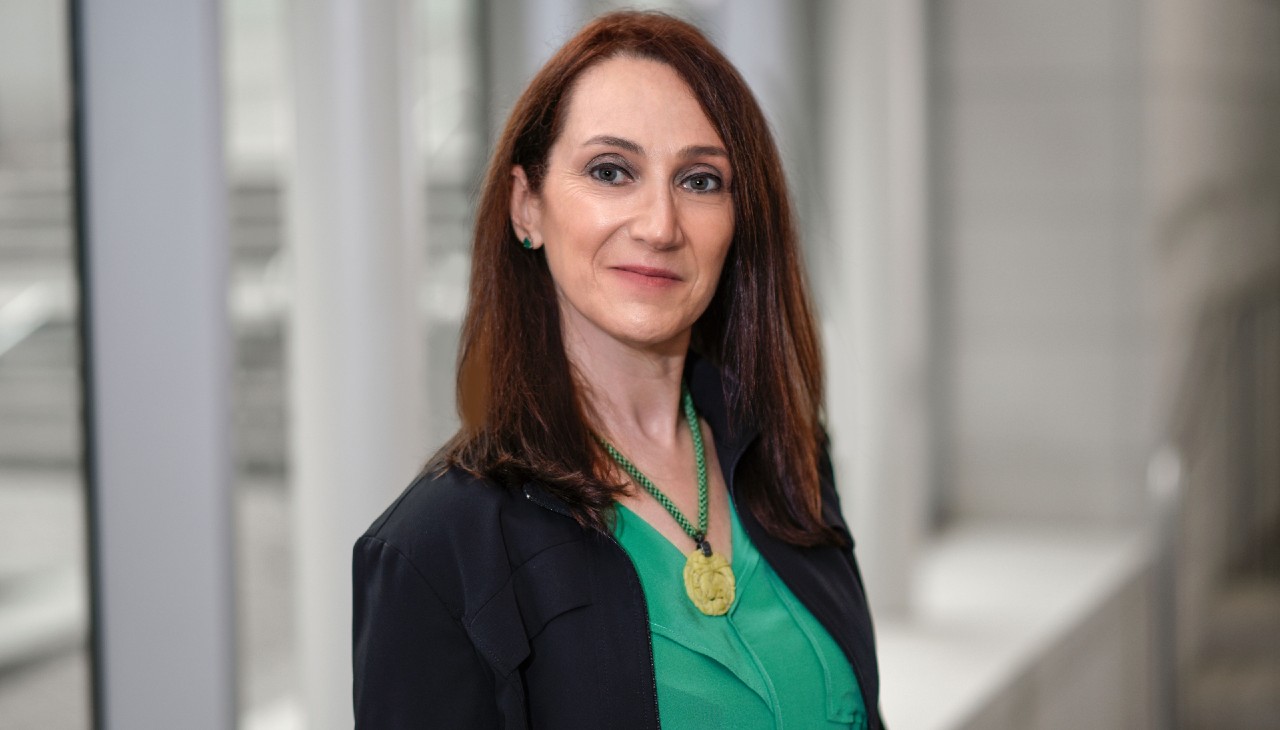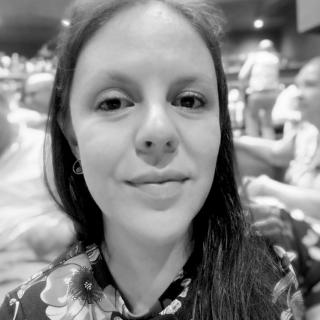
Science for Health Equity
Dr. Maria Elena Bottazzi is a nominee to the Nobel Peace Prize for her work in the production of a new patent-free vaccine against COVID-19.
Growing up she wanted to be a doctor, but she ran into microbiology by chance. Born in Italy and raised in Honduras, her career has developed in the United States. We talked to Dr. Maria Elena Bottazzi, the scientist that makes part of the team nominated to the Nobel Peace Prize for research on Corbevax, the patent-free vaccine against COVID-19.
A group of scientists being nominated to the Nobel Prize is not news. Their contribution to the creation of a vaccine against Covid-19 in the medicine and chemistry sector, in a moment like this is more than natural. But a nomination for a Nobel Peace Prize is an extraordinary thing. And it happened to Dr. Bottazzi and her colleague, Dr. Peter Hotez, who were nominated in February.
Bottazzi and Hotez work at the Texas Children's Hospital Center for Vaccine Development at Baylor College of Medicine, where for decades they have devoted their time to the production of vaccines for neglected diseases or as she calls them “poverty diseases,” those for which there is no research due to a lack of interest or resources. Most of these illnesses affect the most vulnerable populations in the poorest regions of the world.
“Ten years ago, we understood coronaviruses as other neglected diseases.”
That is why since the beginning of her career, Dr. Bottazzi found that research on neglected Tropical diseases was essential as they affect millions of people in the world. “In our countries, like Honduras, a lot of health issues have to do with infectious diseases obviously worsened by malnutrition and other risks.” Although she was born in Italy, she grew up in Honduras, so she knows what she is talking about.
When her family came back to the country, after his father worked as a diplomat in Italy, she was eight years old. She studied in a bilingual school, like any other young person from a middle class family, and she wanted to study medicine, but a little inconvenience ended up changing her destiny. “The medicine school enrollment period was in January. Because I graduated from a bilingual schooI, I wanted to start studying in August, so I had to get in some program in order to attend the general courses. The program that was most accessible and closer to medicine was microbiology. I registered with the intention to change to medicine in January, but I became fascinated by Microbiology Sciences and never changed again. I think it was one of the best decisions,” remembers Bottazzi.
She graduated from Clinical Chemistry and Microbiology at the National Autonomous University of Honduras, then she earned a PHD in molecular immunology and experimental pathology at the University of Florida. From there, she went on to pursuing a postdoctorate degree at the University of Pennsylvania. It was there where she had what she calls an “aha moment”, which sent her down the path of developing new technologies.
“When I was doing my postdoctorate, I got very interested in business and entrepreneurship. I enrolled in an MBA at Temple, while I was studying at UPenn. Most of my teachers came from pharmaceutical companies,” she remembers.
“That’s when I found that connection: Science and knowledge are necessary to develop solutions, but in order to advance, to eventually make a product that reaches the populations, it is necessary to know about finance, managing an organization, managing projects under ethical and legal principles. So I decided that what I really wanted to do was to search for solutions in the area of infectious diseases, with a focus on how to use this interdisciplinarity to advance with diplomacy and to transfer this technology,” she notes.
“We want our technology to be easily transferable to producers in developing countries.”
Bottazzi started developing her idea, researching and producing knowledge 20 years ago, from an open science concept, free of patents that guarantees equal access to health services. “We work under an open science focus which also covers training and educating the new generations so that they eventually carry on with our legacy, that is, developing technologies by which we really can achieve our global objectives, especially in health,” explains Bottazzi.
Coronavirus, a neglected disease
“Ten years ago, we understood coronaviruses as other neglected diseases. Obviously, when there isn’t urgency, a pandemic, sometimes there isn’t continuity or interest to advance in research,” says Dr. Bottazzi. All these years, a vaccine was developed based on technology that uses recombinant proteins, something that has been used to develop vaccines against Hepatitis B or human papillomavirus.
That is why, when the pandemic appeared, “it took us less than two or three months to get a system ready that was already conventional, which is using yeasts to produce a recombinant protein.” While that happened, the big pharmaceutical companies did their own research with novel systems such as ARNm, which were being evaluated for other uses, “we already had a lot of evidence, unfortunately we didn’t receive funds, but in the end, we could do it with partnerships, a different paradigm in non-profit, without patents, with open science and obviously creating financial diversification,” she explains.
RELATED CONTENT
Science for everyone
Beyond the scientific details, Bottazzi’s nomination to a Nobel is precisely due to her efforts to make science is access-free. That is why, unlike the other vaccines, the one developed by their team does not have a patent; that is, it is open for any laboratory, university or research center that wants to take what they have discovered, and develop and produce their own vaccine at a very low price, only two or three dollars per vaccine.
“We want our technology to be easily transferable to producers in developing countries, because in the end, what we want with this transfers, not only of knowledge, but of our products, is to decolonize research and development in the ecosystem of vaccine production, and obviously bring self-sufficiency to countries; so that when the need presents itself, they will be ready to move forward,” says Bottazzi.
" In our countries, like Honduras, a lot of health issues have to do with infectious diseases."
Exaclty that is what happened when Indian biopharmaceutical company BioE contacted them to obtain this technology and apply it in their country. The lab has produced more than 300 million doses of Corbevax, applied in India, one of the countries that is lagging behind in vaccination rates in the world.
Like India, organizations in Indonesia, Bangladesh, and scientists in Africa are producing the vaccine and doing clinical studies, while they work on getting an authorization.
Anyone can replicate Corvebax, “from the beginning our philosophy was that even if we discovered something that was worth protecting, it wasn’t convenient because it would only become a barrier,” she points out.
All the information for the production of the vaccines is available in the studies published by Bottazzi and Hotez, but they are also open to collaborate in the development of the product, and give more detailed information. Their interest to close the gap of knowledge is such that they have even prepared what they call a “starter kit”, which consists of a Dropbox link to all reports and documentation in line with world regulations, so that any institution can use this information.
While the decision by the Nobel committee is revealed, Bottazzi and her team continue to work to find vaccines for diseases such as chagas, schistosomiasis, intestinal parasites, leishmaniasis. “We also continue to work on coronavirus to assess new prototypes against COVID variants, but also on what we call universal vaccines,” all of them patent-free that facilitate equity.











LEAVE A COMMENT: